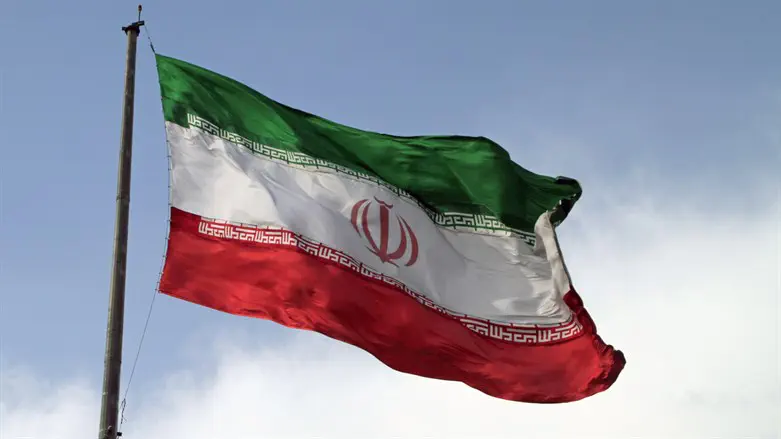
Dr. Tamar Gindin, an Iran scholar at the Azrieli Center and director of the online school for Iran and the Persian language, explains Iran's reaction to Trump's reelection.
Dr. Gindin makes it clear that it is difficult to refer to the 80-90 million citizens of Iran as a single entity and therefore the statements there are different and varied. "Everyone there remembers Trump for the two important things he did in the Iranian issue. The first is that he was the one who gave the order to eliminate Qasem Soleimani, and therefore the regime is very angry with him and the regime opponents are happy. The second and more important act for the West is his exit from the nuclear agreements to which Obama entered."
She notes that the leadership of the Islamic Republic had great difficulty marketing its concessions during the negotiations over the nuclear agreement and maintaining its status in the eyes of the hardliners in Iran as a hero. To this end, the entire event was presented as a heroic act whose purpose was the salvation of Iran's economy.
"Obama failed to ratify the agreement in the Senate but he used his presidential prerogative to not enforce the sanctions on Iran. The point is that because the agreement was not ratified by the Senate, Trump was not bound by it and therefore decided not to use his presidential authority to ignore the sanctions and thus effectively reimpose them, which caused great unrest in the markets," says Dr. Gindin, and adds that even before Trump reimposed the sanctions, any mention of the issue and any announcement that he would address it at a press conference caused economic anxiety in Iran and a dramatic drop in the rial. This fact has seared Trump into the Iranian consciousness as the culprit for their dire economic straits.
In addition, says Dr. Gindin, there are those who see Trump as responsible for Iran's enrichment of uranium, since the moment America withdrew from the agreement it also allowed the Iranians not to be bound by the agreement and to advance the enrichment of uranium.
Yet there are optimists who raise the possibility that Trump wants to make peace in the Middle East, a peace that will be registered to his credit, and that he will be the one to bring order to the region. There are those who believe that during the period of reimposition of sanctions it will be difficult but that sanctions will be gradually lifted in the future.
"During the Raisi and Biden administrations, when they tried to return to the negotiating table, one of the Republic's preconditions for returning to the negotiating table was that they would be guaranteed to keep their promises, which they could not do because they could not make such a guarantee, and therefore they did not negotiate. Therefore the optimists say that since he is the most crazy and hawkish, the agreements reached with his administration will be honored by the president who comes after him."
Ignoring the outcome of the US elections, two items are preoccupying Iran. One is the fate of the student who protested Iraninan modesty laws for women by disrobing in public and walking around her university campus in her underwear. Her fate thereafter is unknown, but the fact that her act is defined as an expression of mental illness or family distress will save her from the death penalty.
The second event mentioned by Dr. Gindin is the execution of the young Jew who killed a Muslim two years ago, an event which, according to him and the defense, was done in self-defense. Iranian law allowed the young man's family to redeem his life by paying a blood money to the family of the victim, but the victim's family refused ransom. The execution, notes Dr. Gindin, was the first of a Jew in some thirty years and some estimate that the speed with which the young man was executed without giving the family an opportunity to appeal was meant to convey a message to Israel that the Iranian regime holds in its hands thousands of hostages in the form of members of the Jewish community in Iran.